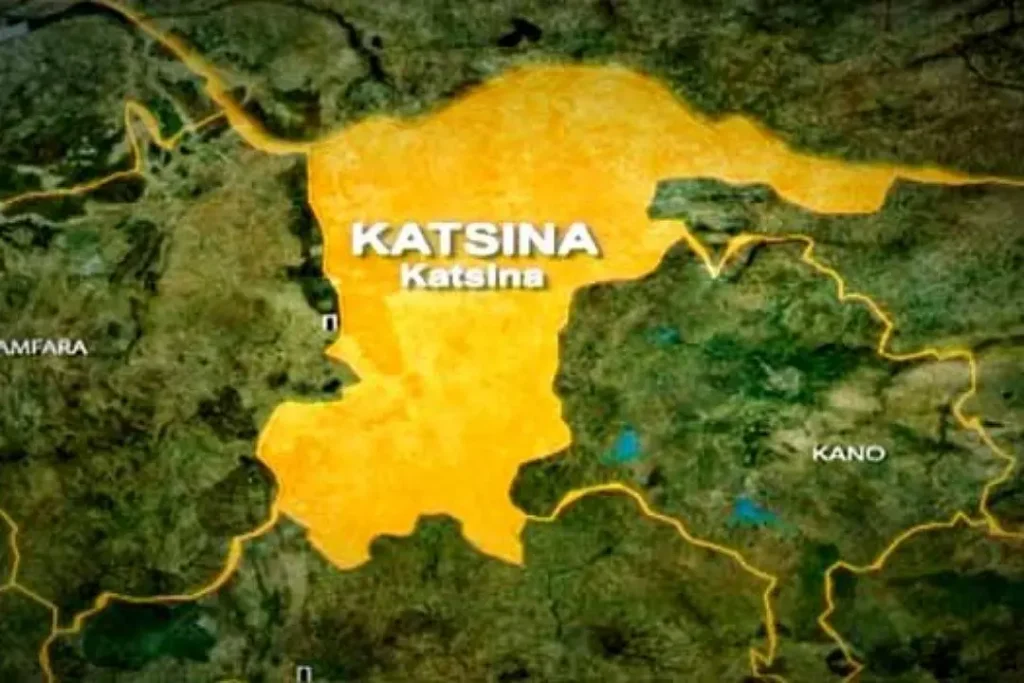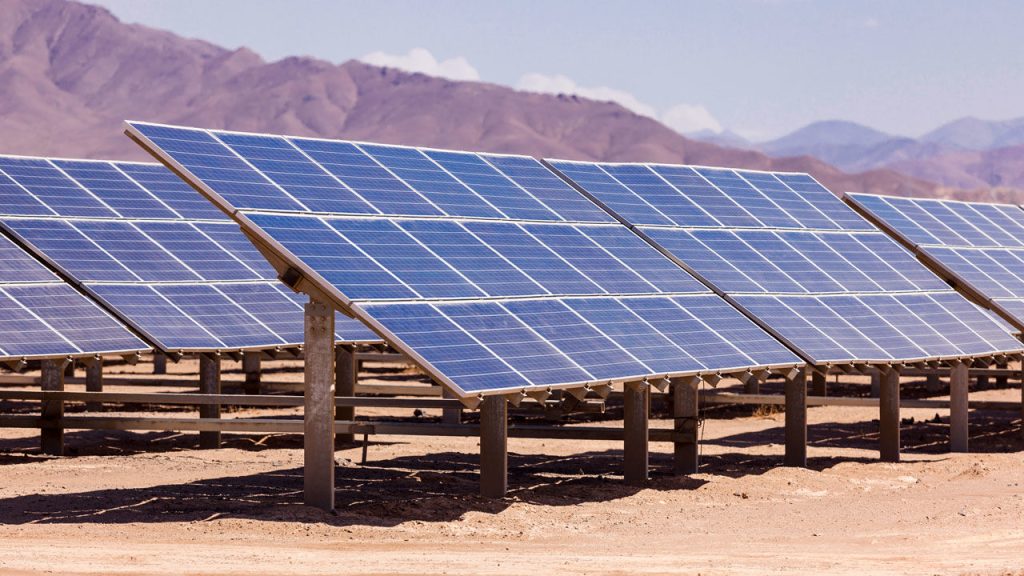The telecommunications industry in Nigeria has witnessed a significant influx of foreign direct investments, reaching $64 million in the third quarter of 2023. This surge, as revealed by the National Bureau of Statistics (NBS), marks a substantial 158% increase from the $25.81 million recorded in the previous quarter.
Despite this remarkable quarterly growth, there is a year-on-year decline of 17% compared to the same period in 2022, when the sector attracted $77.26 million in investments. In the first three quarters of 2023, the telecom sector has cumulatively secured $111.91 million in foreign investments, according to the NBS capital importation data. However, this figure suggests a potential decline in foreign investments for the entire year, given that the total for 2022 stood at $456.83 million.
Engr Gbenga Adebayo, the Chairman of the Association of Licensed Telecommunications Operators of Nigeria (ALTON), highlighted the challenge of multiple taxation as a significant deterrent to further investments in the industry. He pointed out that telecom operators are burdened with 39 taxes and levies, imposed by various levels of government in the country, creating an unpredictable tax regime that complicates planning and projections for industry players. Adebayo stressed that potential investors are closely monitoring these challenges before committing to the industry.
The complexity of Nigeria’s telecom tax structure presents a considerable obstacle to the sector’s growth and sustainability. As the industry grapples with these issues, it faces the risk of deterring potential investors and stifling its own potential for development. The need for a transparent and stable tax framework in Nigeria’s telecom sector is becoming increasingly urgent to attract and retain foreign investments, ensuring sustained growth and technological advancement in the industry.



